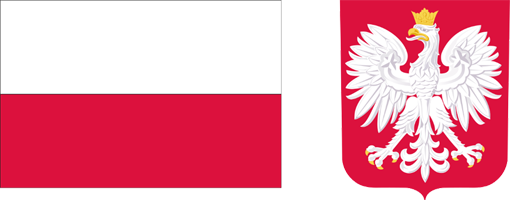Bieżący numer
Archiwum
O czasopiśmie
Cele i Zakres
Rada Redakcyjna/Kolegium Redakcyjne
Lista recenzentów
Proces wydawniczy
Zasady etyki wydawniczej
Licencja Creative Commons
Ochrona danych osobowych (RODO)
Członek CrossRef Member / Antyplagiat Similarity Check
Dla Autorów
Zaproszenie do publikacji
Wytyczne dla autorów
Zgłoszenie artykułu przez panel redakcyjny – krok po kroku
Dla Recenzentów
Proces recenzji
Wytyczne dla recenzentów
Wysyłanie recenzji – krok po kroku
Kontakt
PRACA ORYGINALNA
REGULATIONS, MARKETS AND ECONOMIC EFFICIENCY: SUSTAINABLE DEVELOPMENT AND FOOD SECURITY (REGULACJE, RYNKI I EFEKTYWNOŚĆ EKONOMICZNA: ZRÓWNOWAŻONY ROZWÓJ I BEZPIECZEŃSTWO ŻYWNOŚCIOWE)
1
University of Lisbon
Data akceptacji: 27-03-2015
Data publikacji: 27-03-2015
Zagadnienia Ekonomiki Rolnej / Problems of Agricultural Economics 2015;342(1):101-121
SŁOWA KLUCZOWE
STRESZCZENIE
Europe and OECD countries have special responsibilities in regard to food security and sustainable development in the world, and certainly can do more to promote a worldwide sustainable development and quality of life. The European Community has been very successful in several grounds, but one of the most important areas of European coordination has been the common agricultural policy (CAP) since the beginning of the common market creation. In this paper the main argument is the proposition that “regulation” is a necessary, but not sufficient factor to have better markets, where they have the pre-conditions to work properly and deliver a Pareto Optimal solution. In other words, regulations are needed to make markets work better and do not necessarily means more governmental intervention in the economic system.
They are several forms of regulations, and some of them can also exist based on new institutional arrangements including other stakeholders beyond governments. The European example will be discussed, based on CAP food and agricultural policies, but also some other examples will be explored and discussed in regard to food policies directed to improve food security levels worldwide. Some referential models for agricultural development will be explored, based on the induced economic perspective (Hayami and Ruttan 1985), and author previous work, merging those models with a structural development model, such that some overview of the future conditions can be perceived in regard to a specific stage of the countries development trends. The example of the agribusiness sector in Portugal is used to show the relevance of the proposed models and to offer some explanatory arguments about the EU integration impact and actual evolution in regard to food security and sustainable development concerns, locally and globally.
Udostępnij
ARTYKUŁ POWIĄZANY
Przetwarzamy dane osobowe zbierane podczas odwiedzania serwisu. Realizacja funkcji pozyskiwania informacji o użytkownikach i ich zachowaniu odbywa się poprzez dobrowolnie wprowadzone w formularzach informacje oraz zapisywanie w urządzeniach końcowych plików cookies (tzw. ciasteczka). Dane, w tym pliki cookies, wykorzystywane są w celu realizacji usług, zapewnienia wygodnego korzystania ze strony oraz w celu monitorowania ruchu zgodnie z Polityką prywatności. Dane są także zbierane i przetwarzane przez narzędzie Google Analytics (więcej).
Możesz zmienić ustawienia cookies w swojej przeglądarce. Ograniczenie stosowania plików cookies w konfiguracji przeglądarki może wpłynąć na niektóre funkcjonalności dostępne na stronie.
Możesz zmienić ustawienia cookies w swojej przeglądarce. Ograniczenie stosowania plików cookies w konfiguracji przeglądarki może wpłynąć na niektóre funkcjonalności dostępne na stronie.



